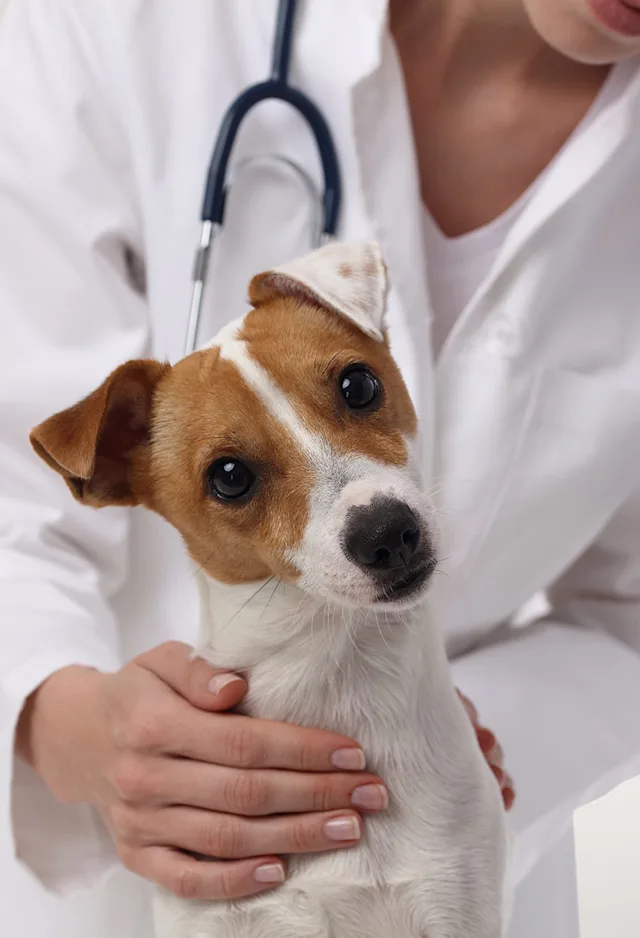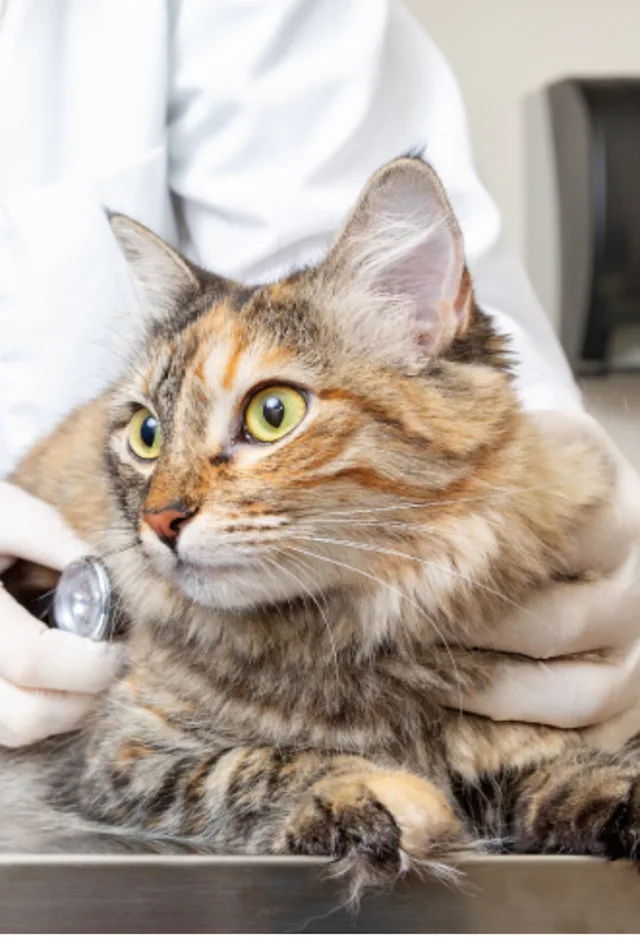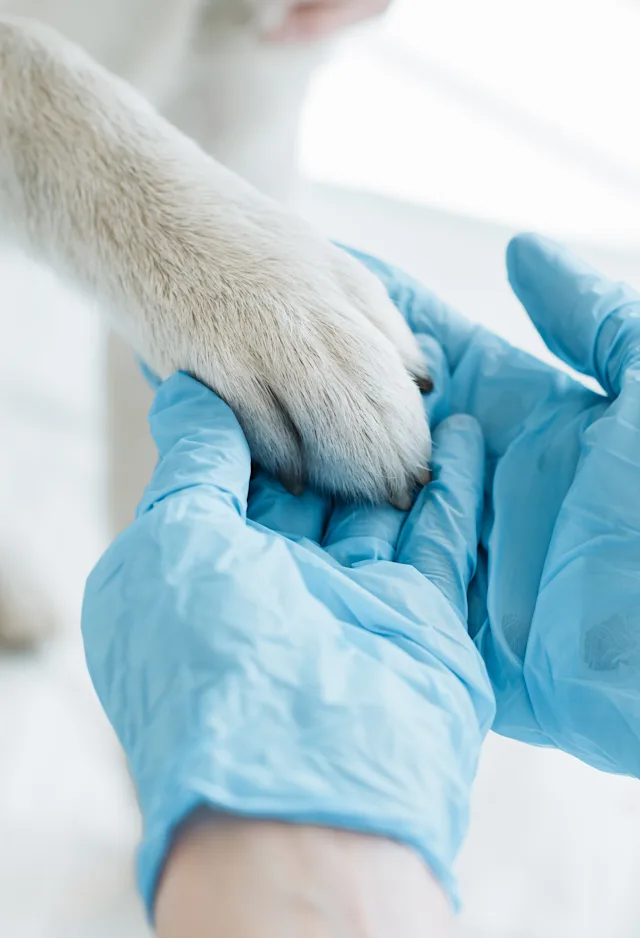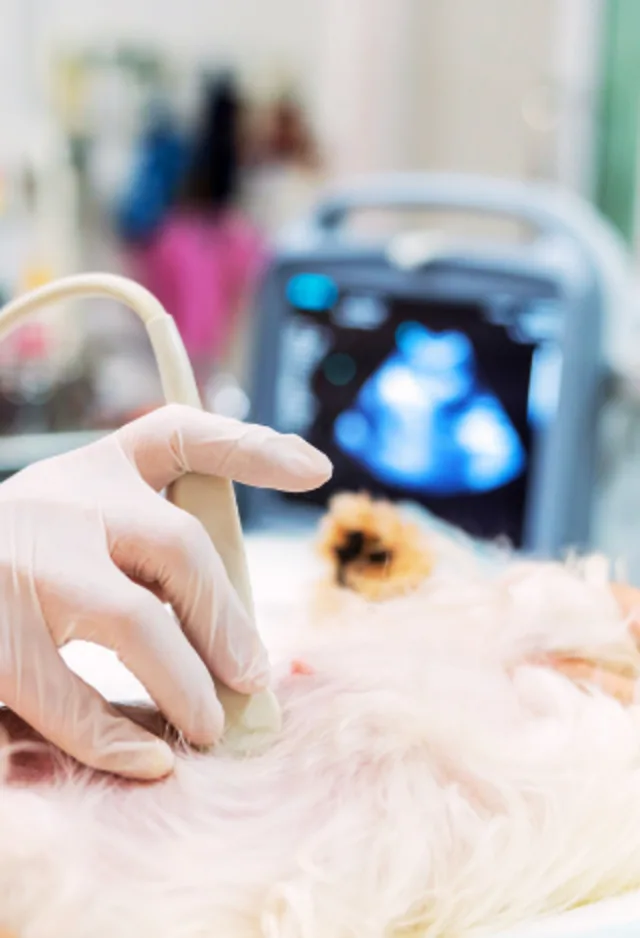Atlantic Veterinary Internal Medicine & Oncology (AVIMO)


Client Reviews & Testimonials
Our staff at AVIM&O values feedback from our clients in Annapolis and Cockeysville, MD. Here is just a small sample of the hundreds of happy and healthy pets that we have cared for since 1992.
We visited on Feb 18 with our golden retriever to have the staff evaluate and advise us on a recently discovered Grade 3 soft tissue sarcoma. It was a positive experience from start to finish, both for us and our dog, Tucker. The technical staff was professional and friendly and Dr. Chadsey was excellent in describing the situation and presenting us with options for Tucker going forward. This is truly a first-class operation.
Mark K.
Dr. Zacuto is phenomenal. My cat got transferred over from Emergency Medicine, and he was given SUCH good care here. Dr. Zacuto took the time to answer all of my questions and was so informative. The vet technicians and other doctors loved having him and made sure he was pampered and given lots of attention.
Natalie W.
Amazing experience. My cat's comfort was first priority. They had a house for her to hide in and allowed her to explore the room Dr. Frank was very thorough. She did not rush and I am.cery happy with the plan we are undertaking. Worth the drive. 100% recommend this practice and Dr. Frank.
Carol R.
I took my dog to see Dr. Petrus for an internal medicine consult. He was kind and thorough and I left there feeling positive about the next steps for my dog. The RVT Jessica was exceptional and did a jugular blood draw on my dog with ease. If you have a nervous dog, they handle them gently and make the experience as fear free as possible.
Laurie C.




